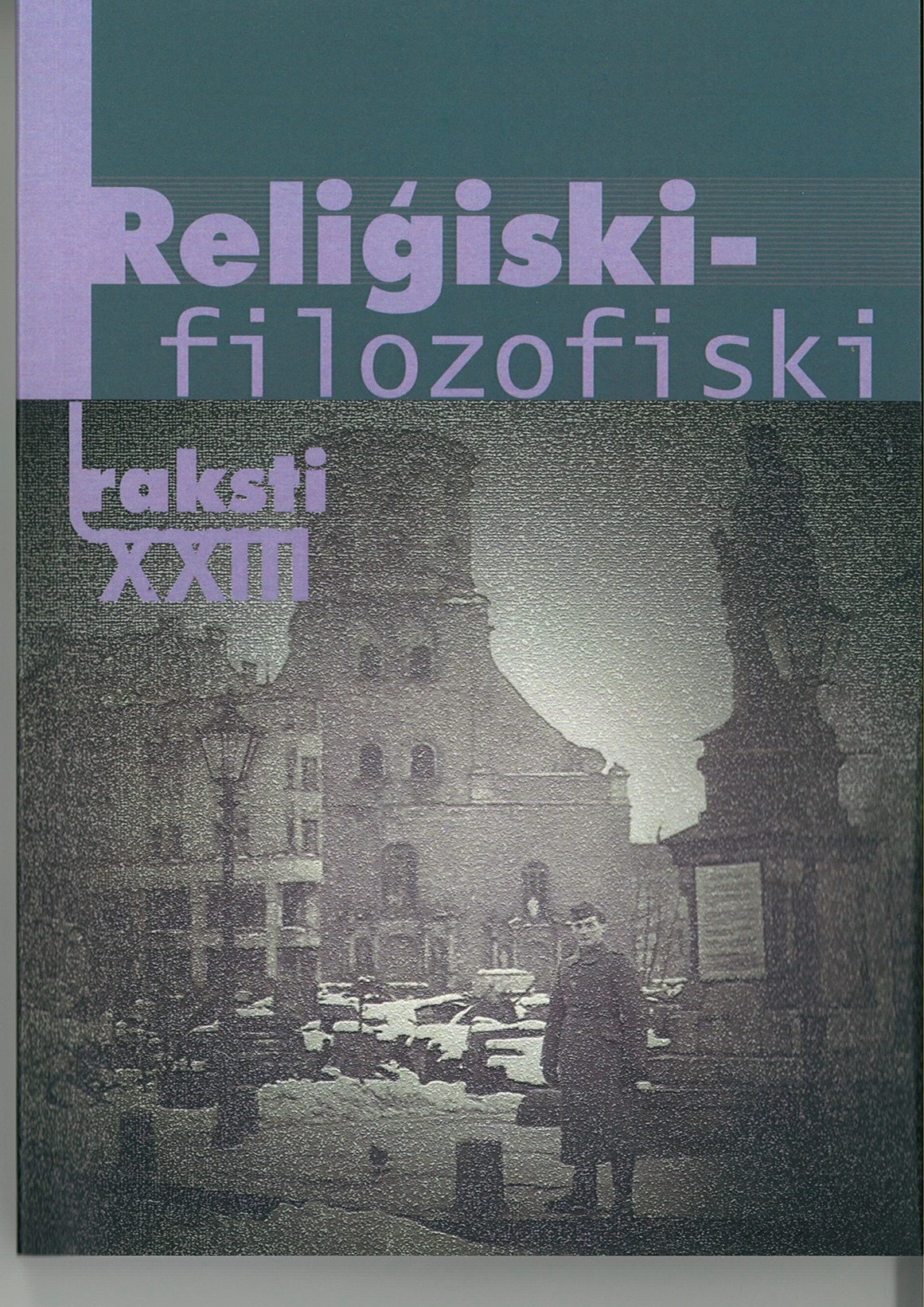The Orthodox Church and the totalitarian regime in the
post-war Crimea: a survival strategy of archbishops Joasaph (Zhurmanov) and Luka (Voyno-Yasenetsky)
The Orthodox Church and the totalitarian regime in the
post-war Crimea: a survival strategy of archbishops Joasaph (Zhurmanov) and Luka (Voyno-Yasenetsky)
Author(s): Ivan PetrovSubject(s): Politics and religion, Eastern Orthodoxy
Published by: Latvijas Universitātes Filozofijas un socioloģijas institūts
Keywords: Orthodox Church;Crimea;
Summary/Abstract: The Crimean peninsula has always been not only a territory of acute controversy between the states but also a bone of contention for different church jurisdictions and denominations. This fact was proved by the historical events of the previous century. At different times the following groups were standing against each other in the Crimea: Renovationists and Sergians, Non-Commemorationists, Ukrainian Autocephalists and even members of the Romanian Orthodox Church. However, the representatives of civil administration played the leading part in these controversies, as they had authority to allow or forbid religious activities on the peninsula. Apparently, each political actor had its favourites in the religious community, who were used to transmit to people the political stance of the Soviet authorities.
Journal: Religiski-filozofiski raksti
- Issue Year: XXIII/2017
- Issue No: 2
- Page Range: 106-120
- Page Count: 15
- Language: English

